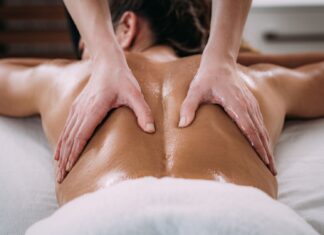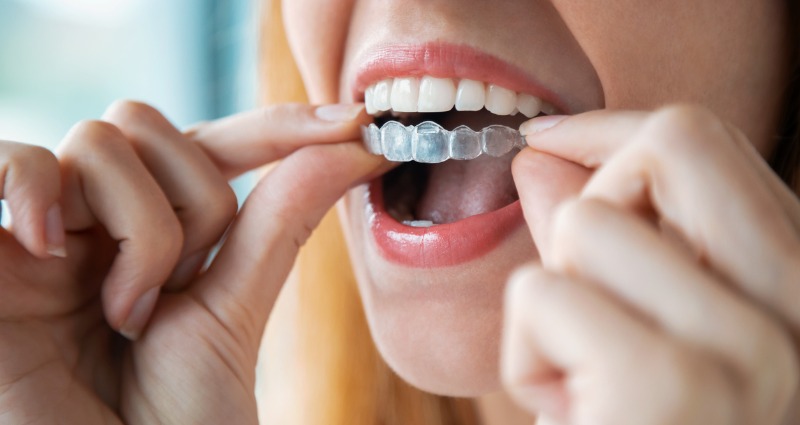
After the braces come off, the journey to a perfect smile isn’t quite over. The retention phase is crucial, and it hinges on one key element: your orthodontic retainers. In this comprehensive guide, we delve into the best practices for maintaining your retainers, ensuring they remain effective in preserving the alignment of your newly straightened teeth.
This blog post offers expert advice on cleaning, storage, and general maintenance of different types of retainers, whether they are removable or fixed. We will also explore common challenges and solutions, helping you avoid potential pitfalls that can compromise your orthodontic results.
Join us as we naigate the essentials of retainer care, an often overlooked but vitally important aspect of your orthodontic journey, to keep your smile bright and beautiful for years to come.
Why are retainer important?
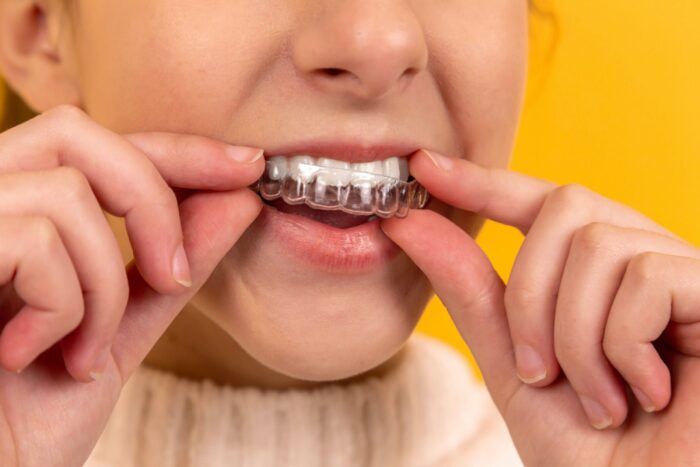
Retainers are crucial in orthodontic care as they play a vital role in maintaining the alignment of teeth after braces or other orthodontic treatments. They help prevent teeth from shifting back to their original positions, a common occurrence known as relapse. This stabilization is essential for ensuring that the time, effort, and resources invested in orthodontic treatment have lasting effects.
Additionally, retainers aid in the adjustment of the surrounding gum and bone tissue to the new tooth alignment, contributing to overall oral health and a well-maintained smile. Therefore, wearing retainers as prescribed by an orthodontist is key to preserving the benefits of orthodontic treatment and maintaining a healthy, aligned smile.
How to Take Care of Your Retainers
Maintaining your orthodontic retainers is key to ensuring they continue to function effectively in preserving your dental alignment. To help you in this endeavor, here are six essential tips for taking proper care of your retainers, each designed to extend their lifespan and maintain their effectiveness.
Clean Regularly and Properly
Your retainers should be cleaned daily to prevent the buildup of bacteria and plaque. Use a soft-bristled toothbrush and non-abrasive toothpaste or a gentle soap to gently brush them. Avoid using hot water, as it can warp the retainer’s shape. For a deeper clean, consider using a denture cleaner or a specialized retainer cleaning solution.
Store Safely When Not in Use
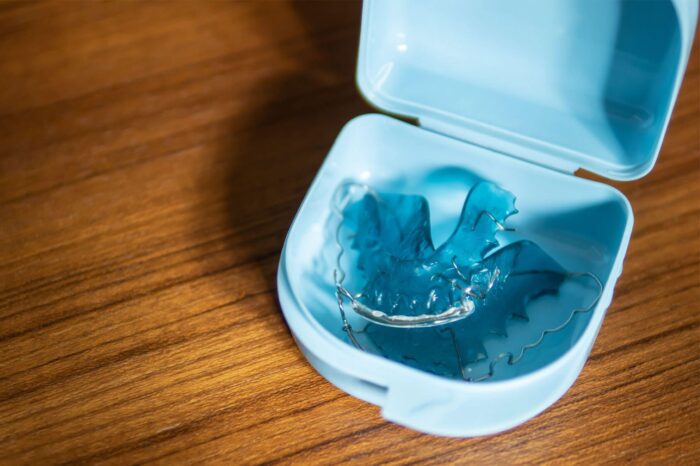
Always keep your retainers in a protective case when you’re not wearing them. This practice prevents them from getting lost or damaged. Avoid leaving them in places where they can be exposed to heat, like a car dashboard, or where pets can reach them. A proper storage case also keeps them safe from dirt and germs.
Avoid Harmful Substances
Keep your retainers away from substances that can damage them. This includes avoiding exposure to alcohol-based mouthwashes, as they can dry out and damage the plastic. Also, do not eat or drink anything other than water while wearing your retainers, as food and drinks can stain or damage them.
Regularly Check for Damage
Inspect your retainers regularly for any signs of wear or damage, such as cracks or warping. If you notice any issues, contact your orthodontist promptly for advice or replacement. Continuing to wear damaged retainers can affect their effectiveness and potentially harm your teeth or gums.
Minimize Handling and Removal
Handle your retainers with care and minimize removal. Frequent taking in and out can lead to wear and tear or potential loss. When removing them, do so in a gentle manner, avoiding any bending or twisting motions that can distort their shape.
Follow Your Orthodontist’s Instructions
Adhere strictly to the care instructions given by your orthodontist. This includes how long to wear them each day and any specific care tips for your type of retainer. Regular visits to your orthodontist are also important to ensure that your retainers are functioning correctly and to make any necessary adjustments.
By following these tips, you can ensure that your retainers remain in good condition, helping to maintain the alignment of your teeth post-orthodontic treatment.
Signs of Retainer Deterioration and When to Consult an Expert
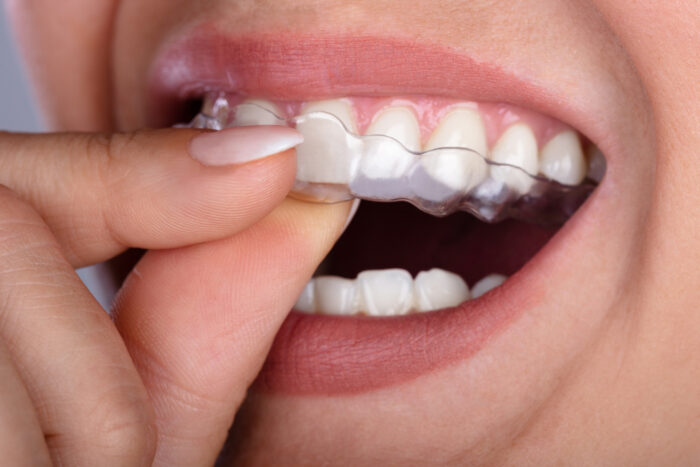
Retainer deterioration can manifest in several ways, and recognizing these indicators is crucial for maintaining your orthodontic health. Common signs include noticeable cracks or breaks in the retainer, warping or misshaping, which often results from exposure to heat, and a loose fit that may indicate the retainer is no longer holding your teeth in place effectively.
Seeking professional advice on retainer care is essential, and Kumra Orthodontics stands as a trusted source for this expertise. As a renowned orthodontist in Capitol Hill, they offer specialized guidance and solutions to ensure the optimal health and effectiveness of your retainer.
Summing Up
Proper care for orthodontic retainers is vital for maintaining the results of your orthodontic treatment and ensuring a healthy, confident smile. You can keep your retainers clean, hygienic, and functioning effectively by following the recommended daily care and maintenance practices, such as regular brushing, soaking, and handling techniques.
Remember, consistent care and regular check-ups with your orthodontist will help you maintain the health and alignment of your teeth, ensuring the longevity of your orthodontic treatment and a confident smile for years to come.




